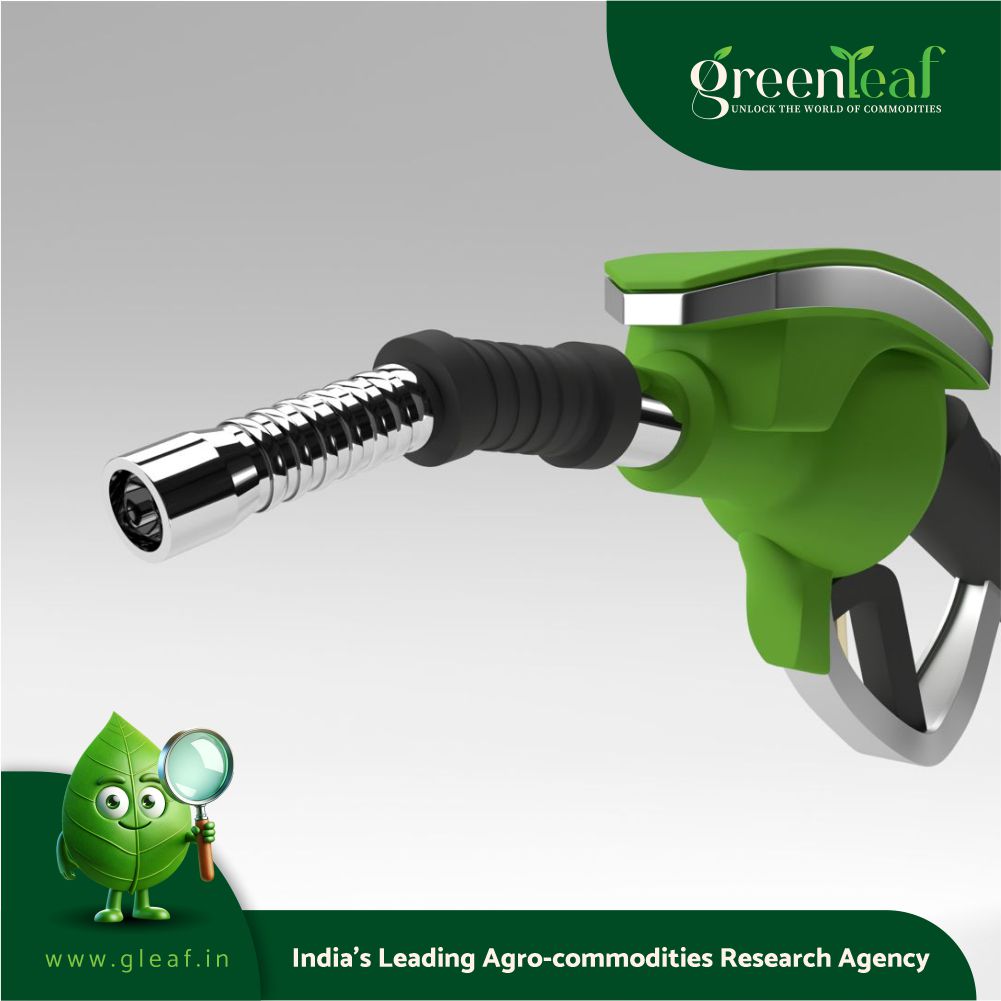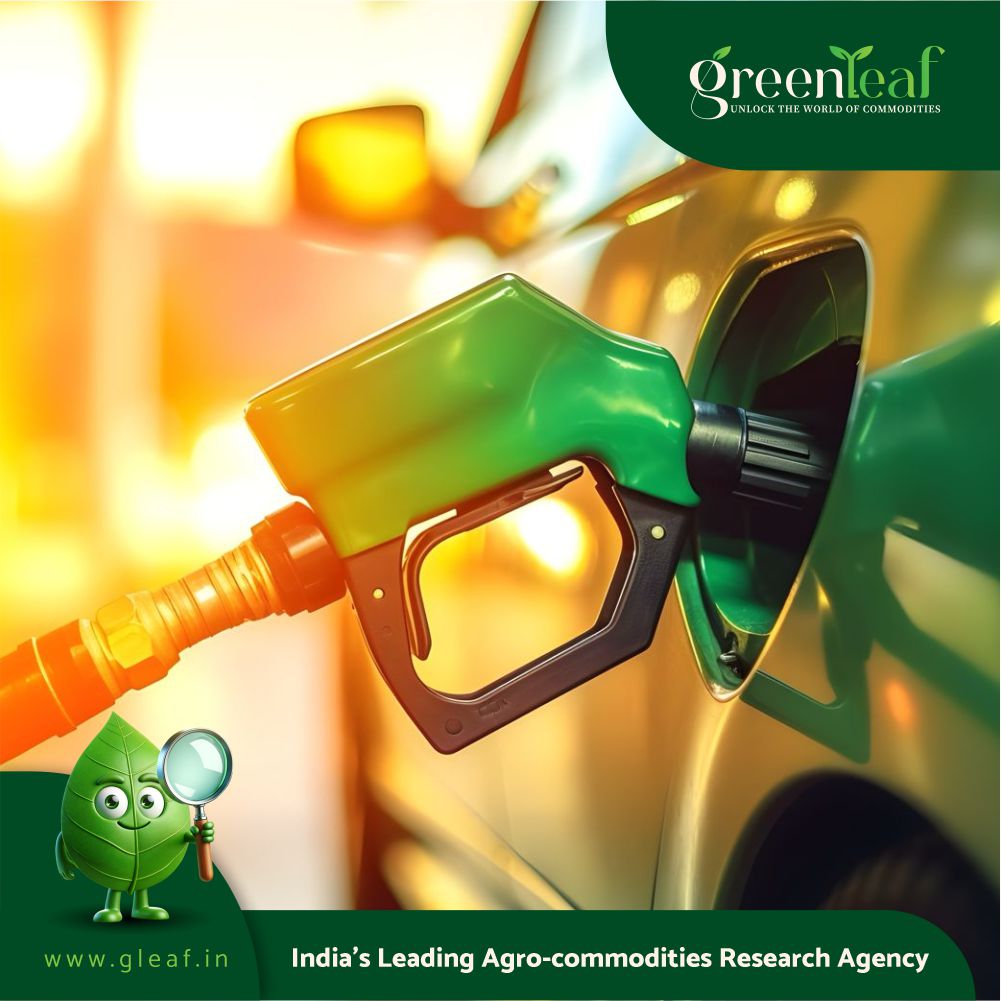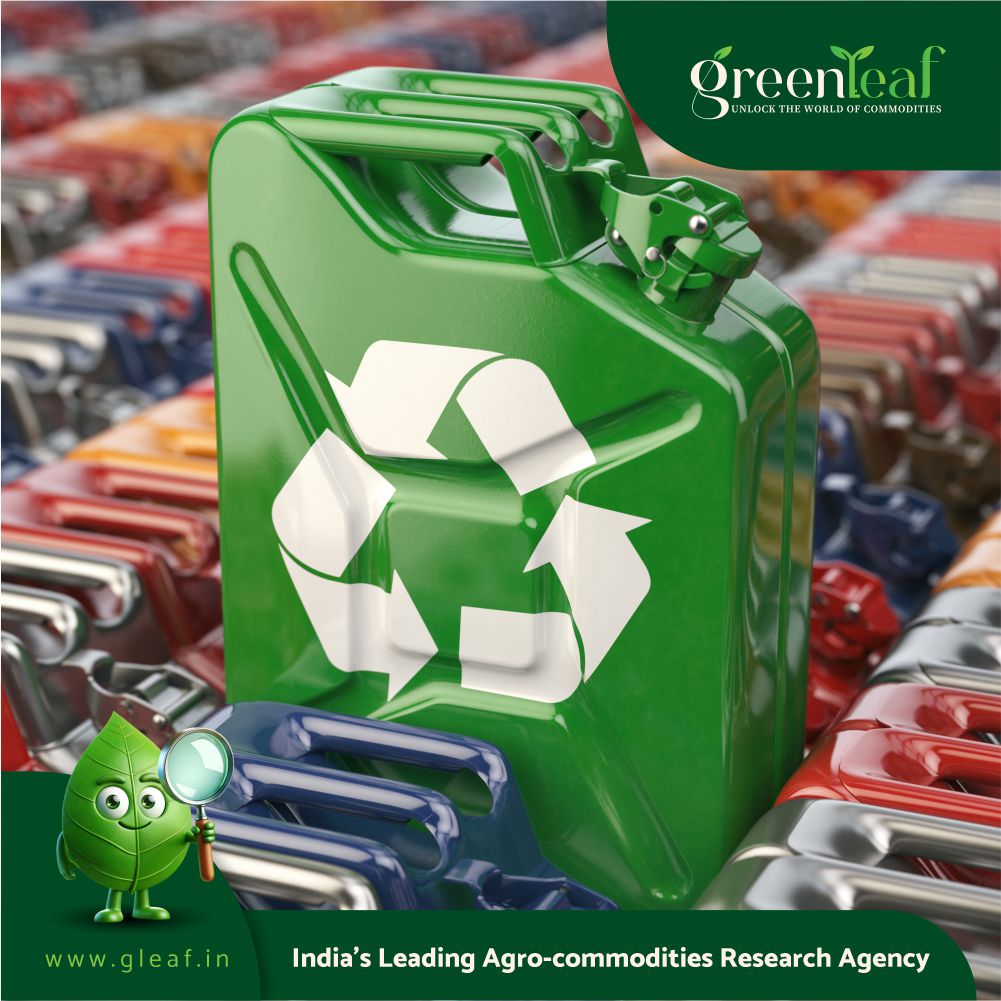The Ministry of Trade is confident that the European Union (EU) will comply with the World Trade Organization (WTO) ruling on a dispute with Indonesia over countervailing duties imposed on its biodiesel exports.
The optimism stems from EU’s decision not to appeal the case registered as DS618, which centered on the bloc’s Renewable Energy Directive II (RED II) policy that Indonesia argued was discriminatory against crude palm oil (CPO). The WTO panel ruled in favor of Indonesia, and the EU has agreed to amend RED II no later than February 24, 2026.
“We hope the European Union will be rational and objective in responding to this decision. We are optimistic that the EU will agree and adopt the WTO ruling on the biodiesel dispute,” Director General of International Trade Negotiations at the Ministry of Trade, Djatmiko Bris Witjaksono, said on Thursday, August 28, 2025.
The WTO previously determined that the EU’s reasoning behind imposing countervailing duties on Indonesian biodiesel was prima facie insufficient. As a result, the organization recommended that the EU adjust its tariff measures. Under the ruling, the EU has been granted 15 months from the issuance of the recommendation on August 22, 2025, meaning the duties of 8 percent to 18 percent must be removed no later than November 22, 2026.
Djatmiko described Indonesia’s victory in DS618 as a warning to all of the country’s trading partners to be cautious when issuing trade policies concerning Indonesian commodities.
“Every member of the WTO must ensure their trade policies are consistent with WTO rules and not made unilaterally,” he said.
Trade Minister Budi Santoso echoed the sentiment, saying the ruling demonstrates Indonesia’s consistent compliance with international trade rules, contrary to the EU’s accusations.
He outlined three key aspects behind Indonesia’s victory in the case. First, the WTO panel rejected the EU’s argument that the Indonesian government directed palm oil producers to sell raw materials at artificially low prices to benefit biodiesel companies.
Second, the panel concluded that Indonesia’s export taxes and levies on palm oil could not be classified as subsidies.
Third, the panel found that the European Commission failed to prove any material injury to European biodiesel producers, overlooking other market factors influencing the sector.
“With these findings, the WTO panel determined that the EU’s countervailing duties on Indonesian biodiesel were not based on objective evidence,” Budi said.















